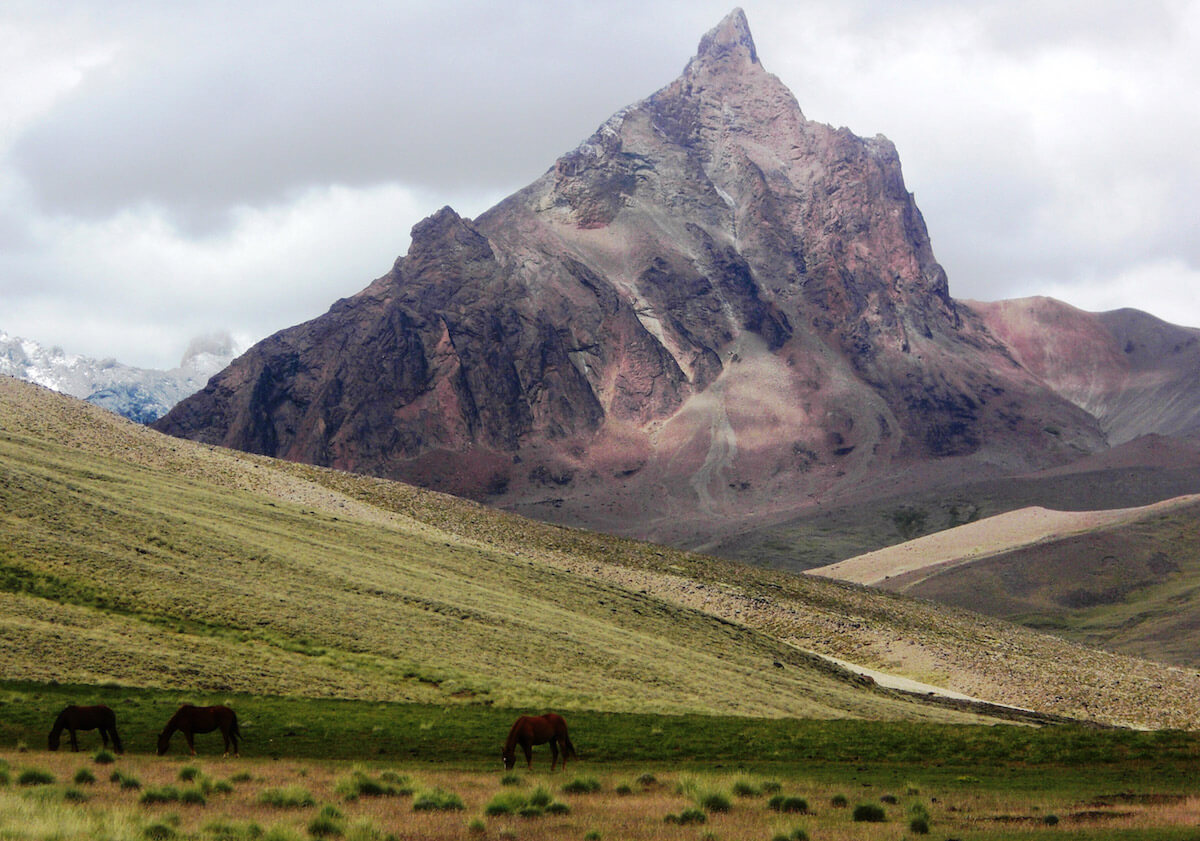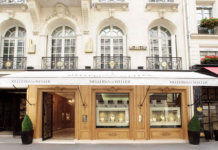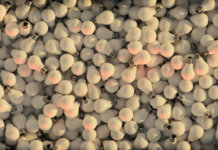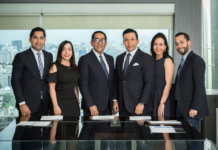At first blush, it was a career move that likely raised a lot of eyebrows. After establishing himself in the horse and polo business, Alejandro Zimmermann decided he wanted to take up cherry growing in Patagonia, Argentina. So why would someone want to make such a dramatic switch right in the middle of a burgeoning career in horses? For the same reason that drives every other entrepreneur: he saw an opportunity that called out to him.
After first launching his company in 1999, Rio Alara by Southern Crops stands today as one of largest commercial cherry producers in Argentina. As of 2016, the company was responsible for 65% of Argentina’s cherry exports, 25% of its internal market and 10% of all industry fruit. They have production facilities in Santa Cruz and Mendoza and produce, on average, 850 tons of product each year.
From the first time he took a look at the cherry business, Zimmermann saw a unique opportunity right in his own backyard. Ideal growing conditions require a cooler, sunny and dry climate. From growing up in the region, he knew the climate in Patagonia would be perfect. The cold means the cherries will have a slower maturation period, which results in a richer taste and larger size. The colder climate also means a later harvesting period which allows them to deliver fresh fruit during times when other cherry producers around the world are out of season. Their primary export destinations include Spain, India, the UAE, England, the United States, and France.
Tharawat Magazine had the opportunity to speak with Alejandro Zimmermann about his career switch and the challenges and opportunities involved with growing cherries in Argentina.
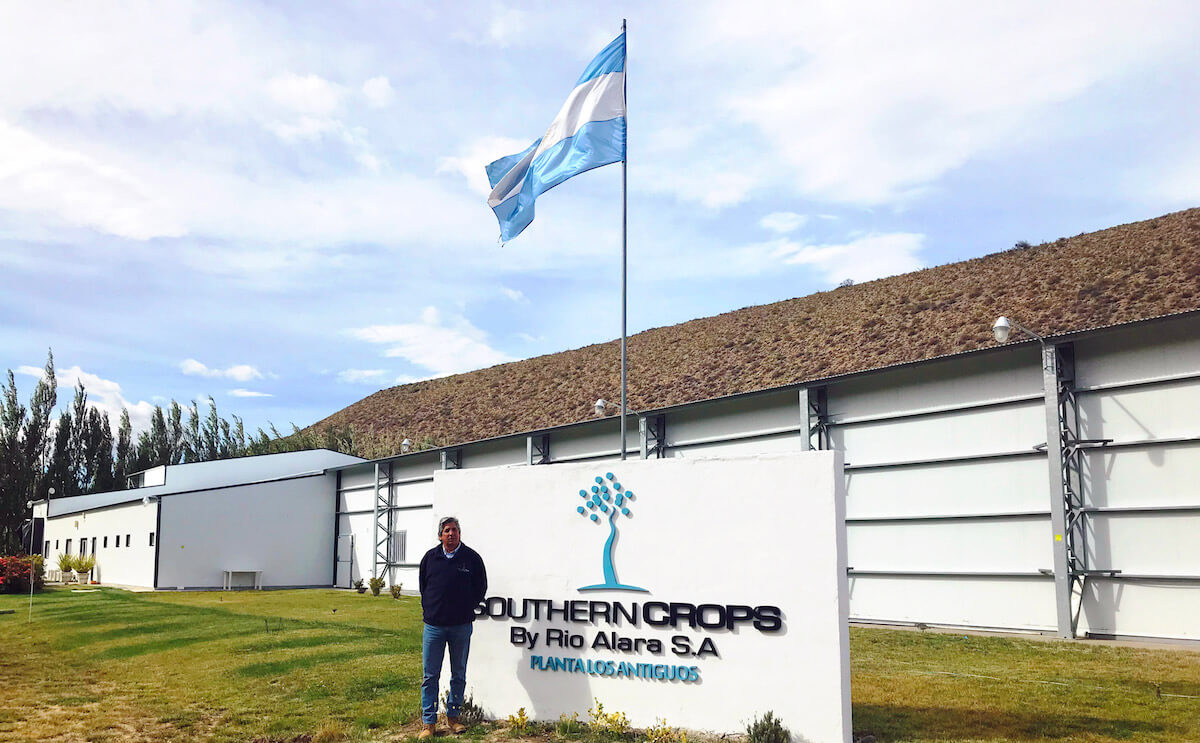
How did you end up in the cherries business?
I started Rio Alara by Southern Crops, almost 20 years ago. I came back here to visit around 1998 because I heard the quality of the cherry blossoms were very good. I started to see all the potential that is found in this area. This proved to be quite a challenge in the beginning because I wasn’t coming from the fruit business. For the previous 20 years, my background was in working with horses in the polo business.
I saw the opportunity, and I welcomed the challenge it presented. In the early stages of taking on this new industry, I continued my involvement in polo as well. I was doing both.
Was this upon your return to Argentina?
Yes. I lived abroad for 11 years, to be exact. And then when I came back here, I got involved once again with my family’s farming operation. My family had a farm, a big cattle ranch in Argentina, in the Buenos Aires Province. That’s how I first got involved with horses when I was a boy. I came back because I had some business to take care of regarding the horses. At that time, I was looking for something else to take on. It was during this time when they presented me the opportunity to enter the cherry business. To be honest with you, I had never eaten a cherry in my entire life until I came here.
So, I started to research the business and look closer into what they were showing me here. I saw right away that they had a very good quality operation here. It wasn’t hard to see there were commercial opportunities. But, it was also evident they needed more professional resources. Things like irrigation infrastructure. State-of-the-art production facilities. Things that were in my wheelhouse from working abroad for the previous 20 years.
How did you penetrate an industry where I imagine other companies have been well-established for many generations?
First of all, I knew what the international market was looking for. They want quality, they want professionally run programs, and want to establish trust. I like those kinds of challenges. From the very beginning, when I planted my first cherry tree here, I said ‘I would like to produce cherries for export. Not for the local market.’ And that means producing only the best quality. You know, in the horse business, you have to be honest. I learned that if you have a business where you say, ‘I will deliver by this time with this level of quality’, you have to push yourself to deliver exactly what you promised. It’s no different in the cherry business.
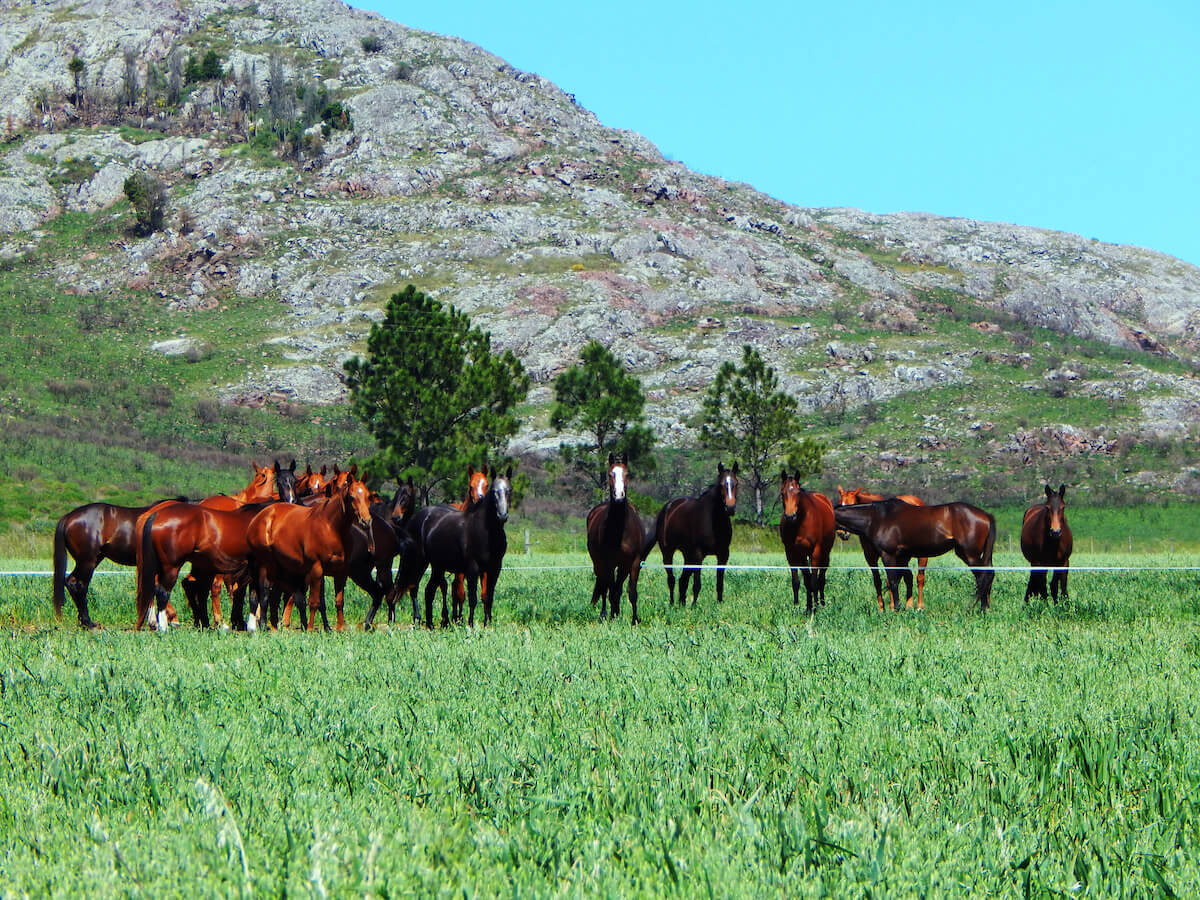
It would appear you’ve always had an entrepreneurial lifestyle. Do you feel like it’s something you inherited from your parents?
Yes, I learned a lot from my father. Especially the need for honesty and that the truth has a lot of value. There is something to be said for being trustworthy. This is what it’s all about. I would like to create a company where people are happy to come to work every day. Where I look forward to working alongside my employees. It doesn’t matter if it’s as an executive or as a labourer.
You have to be very strong to stick to values, stick to ethics. How do you deal with the adversity?
By working every day, as hard as I can. I wake up every day and try to resolve the issues, or problems as best as I can. You know how far we are from Buenos Aires to the port? More than 2500 kilometres. And from there we export around the world. So, the logistics and the work that we’ve done here, at end of the world, is quite amazing. Sometimes it surprises me how far I went in the beginning. It was crazy to come all the way here to produce cherries. But, the thing is, I like it. I like the challenge, and I like being able to pass on what I’ve learned over the past 20 years.
Sure, I’ve made a lot of mistakes. I fell, and I got up. I fell again, and I got up. You know, it’s part of life. And here in Argentina, it’s very difficult. I mean the crisis, the economics, the political situation that we’ve had over the past 12 years has made it very difficult. But you just deal with those problems and move forward.
What would you tell young people who want to follow in your footsteps and start their own venture?
The first thing I would tell them is to be responsible. They have to be responsible for what they do. And they have to love what they do. I would also point out that you have to strive to be the very best at what you’re doing. If you have a boss, you have to look after him or her. You have to look out for their interests as if they are your interests.
Do you work with other family members, Alejandro?
I work with my brother. About five years ago he became a shareholder. I get along with him very well. He looks after the facilities, mostly in terms of planning. Sometimes my sons come along to help out and work with me. This is just for the season, though. They are doing other things during the year. During harvest time, I’ll bring some of my friend’s sons to work the harvest as well.
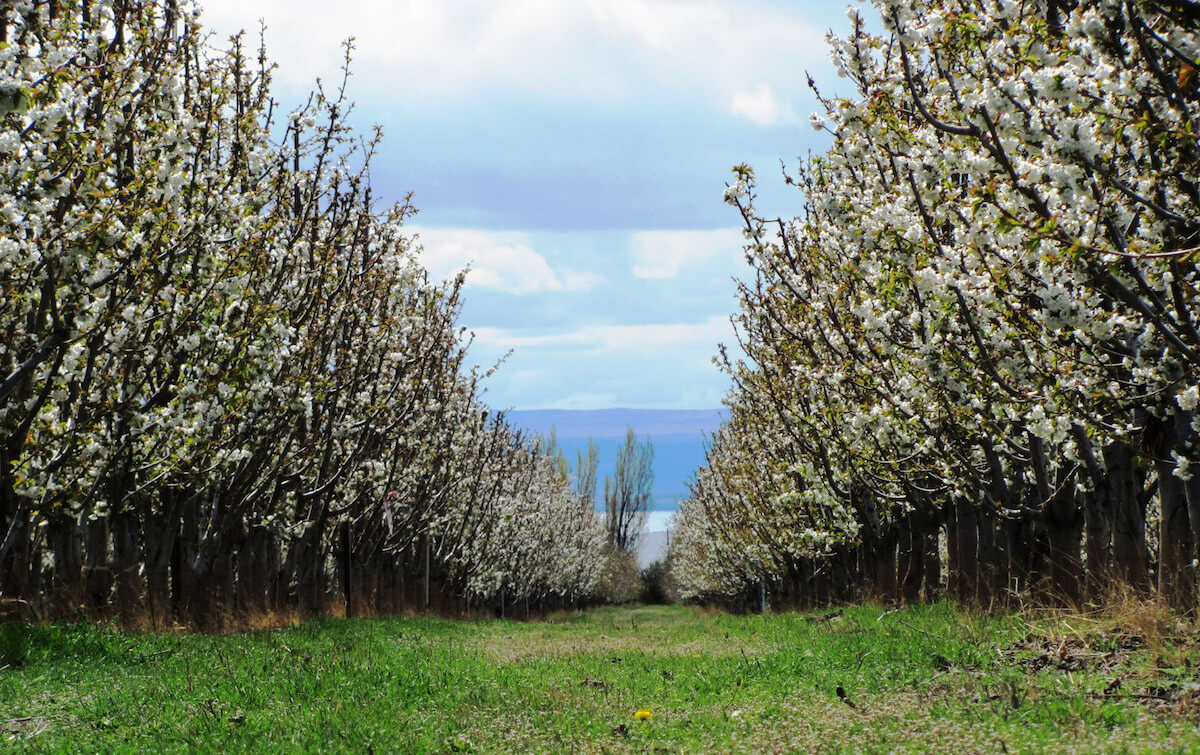
[ms-protect-content id=”4069,4129″]
Alejandro, what is the shape of the industry for you? What is changing, and what do you see is going to be a lasting change?
I think when it comes to the cherry industry, people want quality. The consumer wants the best possible quality. And the quality of our product is improving year by year. We are growing better fruit, both in the north and around here as well. And I think that is going to continue to increase little by little. They are increasing little by little. The result is that the supermarkets have better quality the whole year round with fresh produce. In Europe, Asia or America, this is the big challenge for the supermarket. To get better produce, fresher produce for the consumer.
What technology will have the greatest impact on how you operate your business?
They are two things, in fact, that will have a huge impact on our business. One involves the optical grader machines. The optical grader helps us a lot. It makes things faster and easier. Again, the result is a final box of produce with better quality. And the other thing that will be a significant factor moving forward is the evolution of the MAT bags. This stands for Modified Atmospheric Technology, and these bags are designed to keep fruit fresh for a long time, like 35 – 45 days. This development is simply amazing. From the time of harvest until the sale, we can significantly extend the shelf-life and freshness period for the fruit.
So, Alejandro, 20 years in, tell me what is the greatest wish that you have for your company?
I’d like to have a company that offers excellent products and will be recognised all over the world for its quality, not volume. Also, I’d love to create a company that provides opportunities for my employees and the labourers who work for me. I have some people that have been working for me since I started. People who work for the season and then go back home, only to return the following season. I have many, many of those people and I give thanks every day that I have them. So, if I have a successful company to give them jobs, and a better life, that’s important to me.
[/ms-protect-content]


